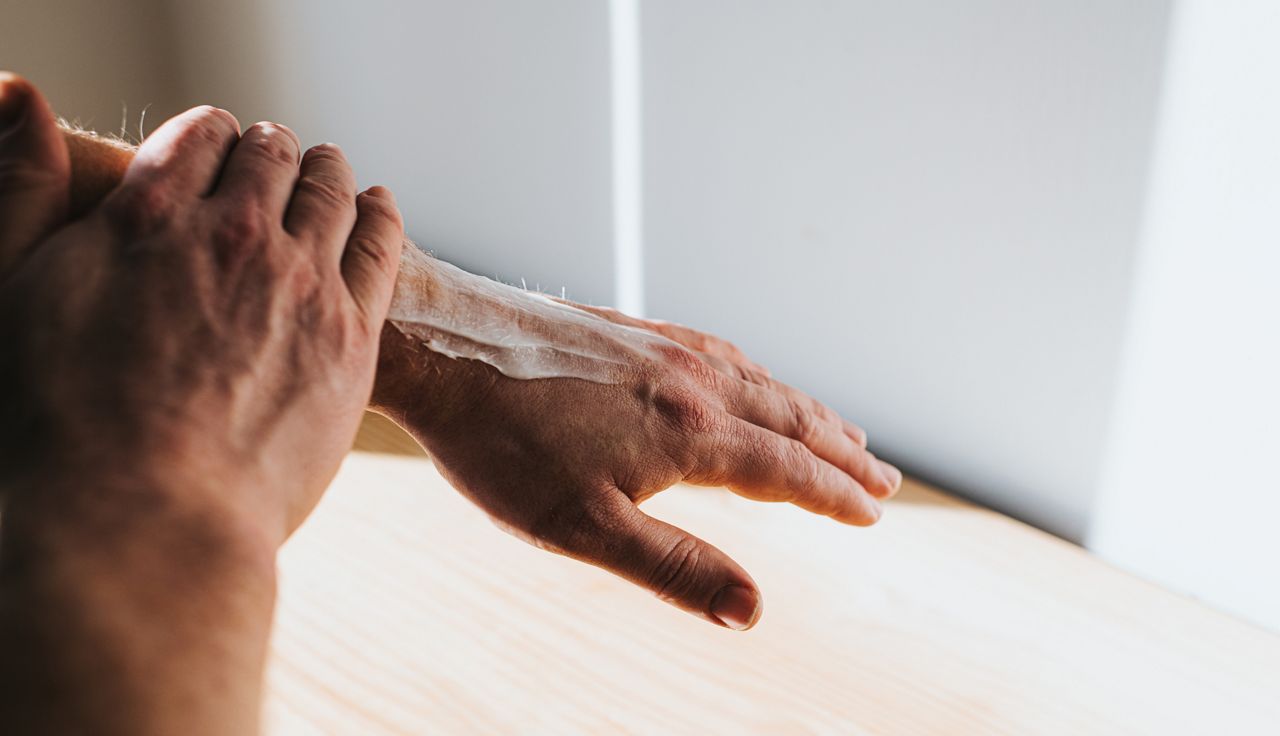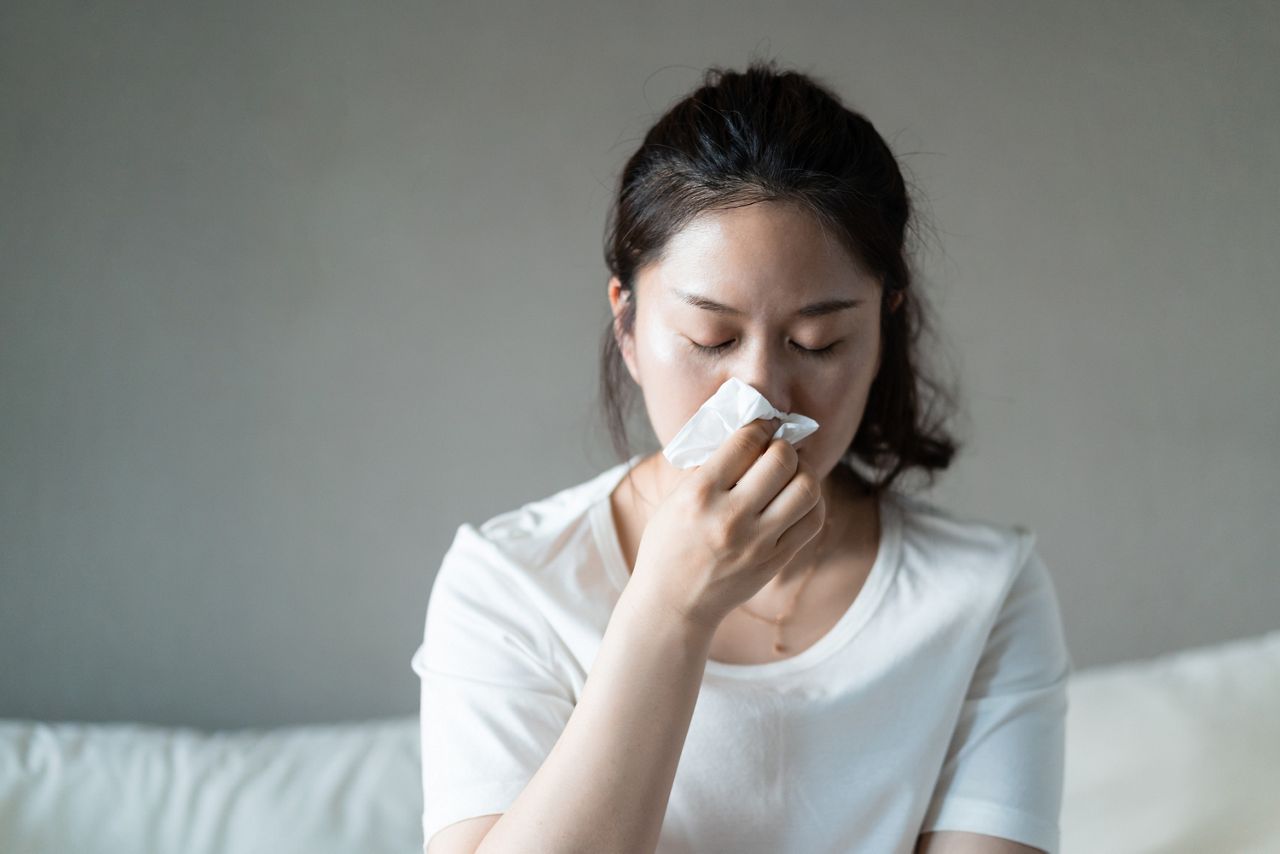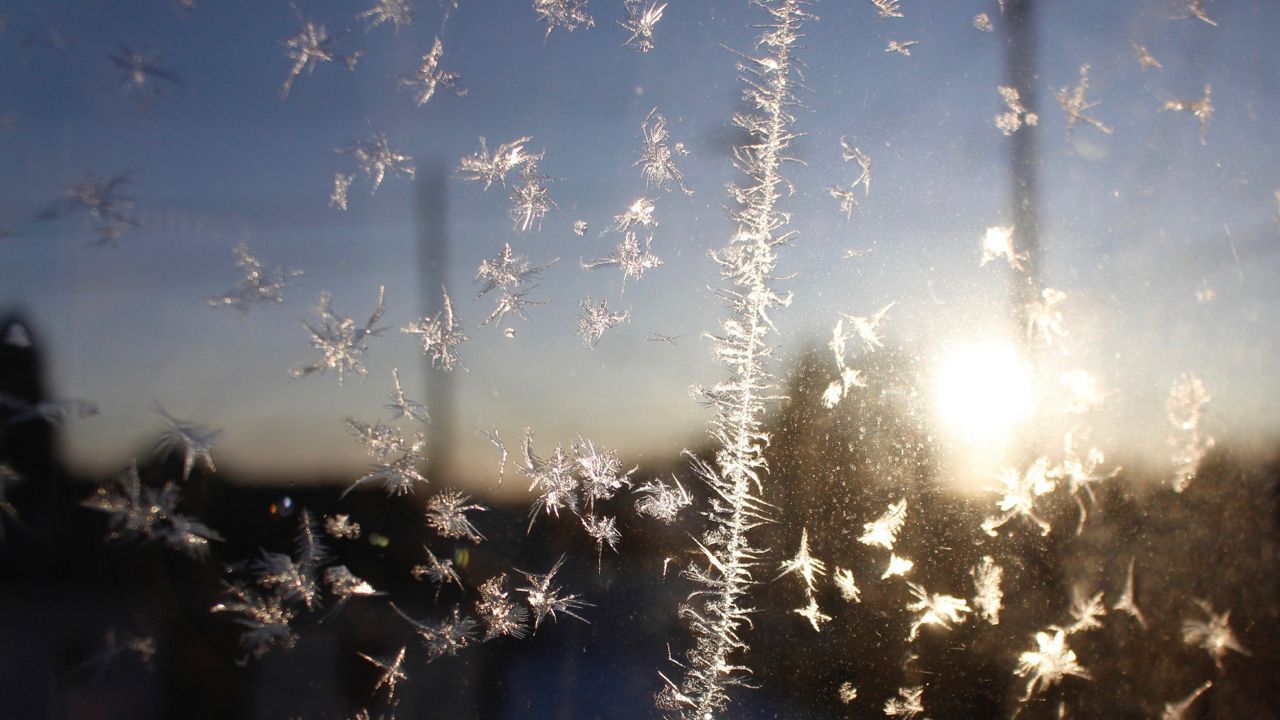During the winter months, the air inside your home tends to be drier, which may cause some health issues.
As the temperatures get colder outside, the air inside your home tends to get drier. Why is this the case?
Well, for starters, colder air has lower humidity. In other words, this cold air holds very little moisture.
And even though you may make your home warmer by turning on the heat, this does not add any more moisture to the air.

During the winter months, you may run into a variety of physical problems because of the drier air.
The reason for this? Since there's so little moisture in the air, it will try to draw moisture from anywhere it can, including from your body. That's where health issues start coming into play.
One instance is nose bleeds. I don't know about you, but right when the temperatures start to get colder, I always get a bad nosebleed.
This happens because, as the dry air pulls moisture from your nose, your nostrils dry out. The drier your nostrils are, the more likely they are to crack and give you a nosebleed.
A similar thing happens with your skin. I know this time of year, I'm constantly applying lotion on my hands and a thousand coats of lip balm onto my lips.
Similar to the process mentioned above, dry air will take the moisture out of your skin, creating that cracked texture in your hands and lips during the winter months.

It sounds like dry skin, nosebleeds and other physical issues are inevitable when winter rolls around. So, is there any way to prevent these from happening?
Well, since the main issue is drier air taking away the moisture in your body, the solution would be to simply rehydrate your body.
One solution is a humidifier. Running a humidifier will add more moisture, lessening the effects of the dry air.
Another solution that's important all year round: staying hydrated.
In the summer, drinking water will decrease your risk of becoming dehydrated. In the winter, staying hydrated will allow you to maintain the moisture in your hands, mouth and nose.
Finally, for those of you like me who will do anything to avoid dry skin, regularly use moisturizer. The oil in moisturizer will help trap the moisture in your skin, preventing it from drying out.
Our team of meteorologists dives deep into the science of weather and breaks down timely weather data and information. To view more weather and climate stories, check out our weather blogs section.



